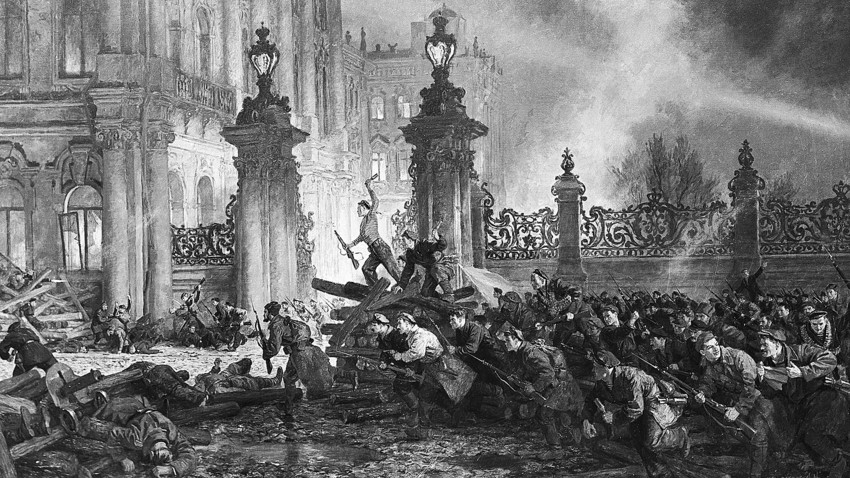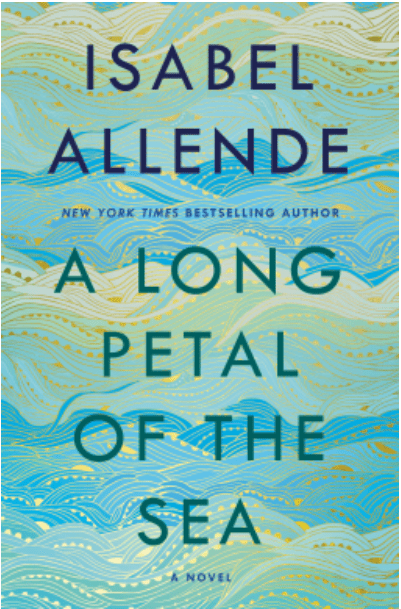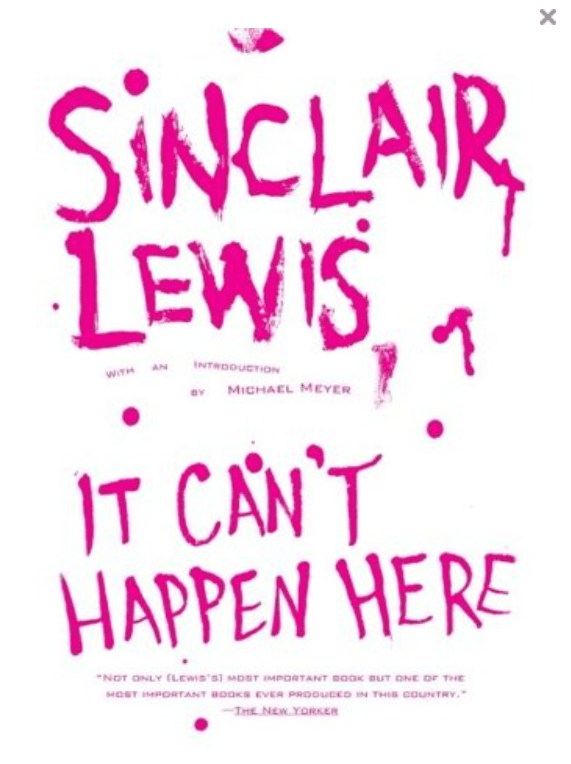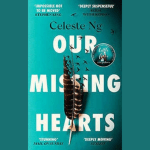

One of the great things about my new self-definition as a novelist is that I have a wonderful excuse to indulge in reading fiction. I’ve always been drawn to good historical fiction, which is also what I’m currently trying to write. Historical fiction at its best provides a warning of how things could go wrong even in our times. Lessons from the past, so that we don’t repeat mistakes. In my novel, I’m looking at the comparisons and contrasts between Bolshevism and the current far-right extremism in the US (and, sad to say, now even in Canada). My conclusion: extremism is bad, regardless of what side of the political spectrum it comes from. One novel that really blew me away recently was Isabel Allende’s A Long Petal of the Sea, which also looks at this issue in three different countries: Spain, Chile and Venezuela.

I was struck by how all of these countries have swung between democracy and dictatorship during my lifetime. That reality also hit me when listening to my Spanish teacher, Rocio, talking about her parents’ and grandparents’ experiences during the Franco dictatorship. I’d known, intellectually, that Spain was a dictatorship into the 1970s but, even though I was in my early teens by the time that ended, it was so remote from my comfortable Canadian life that I hadn’t really fully grasped the reality of it when I was visiting and living in the modern, democratic, Spain of today. It is easy to think of it as ancient history when you’ve never lived through such a thing, and only see the country during its good times.
In Allende’s book, she describes how many Spaniards fled during and after the Spanish civil war to Chile, which was a modern democracy at the time. Then when Chile fell to dictatorship they fled to Venezuela, which was a rich, modern country (one of the richest in the world) until recently. I have had the pleasure of knowing several wonderful people who had to leave Venezuela under its current regime. Ditto for Iran, and Afghanistan. But surely, my brain instinctively thought, such things could never happen in a country like Canada.

Growing up in Canada it was inconceivable to me that countries like mine, or even the United States (which has always had more extremism than we’ve had in Canada), could ever turn into dictatorships. However, as I watch what’s gone on in politics over the past few years in both countries, I’ve started to wonder if our democracy is really as secure as I’d always assumed. I recently read It Can’t Happen Here, written by Sinclair Lewis in 1935. It could have been (and may still be) Donald Trump’s playbook. It can happen here.
Democracy is Fragile
Both books made me realize how fragile democracy is, even in modern, seemingly civilized, societies. People are often inspired to act in non-democratic ways by rumours, and a lack of knowledge or grasp of actual facts. The original inventors of the Internet had hoped that the Internet would make it impossible for false rumours to stand up to the light of reality, which would be shone on them by an open Internet. Systems like Wikipedia, which are largely self-correcting when people enter false information, seem to have worked in that way. But, sadly, it turns out that the Internet, and particularly social media, has actually amplified the rumour mill rather than clearing it up. It is driven by likes, shares, and clicks, and those are generated in the largest numbers by extreme statements and shocking images. So, while my characters in early 1900s Russia struggled to access honest, balanced news, so do we all today. Only this time the struggle is from a surplus of “news” rather than a shortage of it.
I’d love to be able to end this piece with a solution to the problem but, unfortunately, I don’t have one. However, I would urge you to read books like those I’ve mentioned. Memoirs and diaries written by people who have lived through such times also help. We need to understand that democracy can vanish quickly, no matter how strong we think our institutions are. Learning how it happened elsewhere can help us be vigilant here and now.


[…] (See, for example, Arthur Koestler’s Darkness at Noon and the two books I mentioned here.) My latest such read is Our Missing Hearts, by Celeste Ng. It tells the story from the perspective […]
[…] It is frightening to see the similarity of some of the early moves of the Trump administration to what happened in Chile: targeting journalists, students and academics, pulling people off the street and shoving them into unmarked cars, often never to be seen again. Now more than ever it is vital that people, especially Americans, learn to recognize the early steps of authoritarian takeovers. Museums like this one are a good place to start. (I’d also recommend reading books such as the ones I wrote about in the article Is Democracy in Danger?) […]